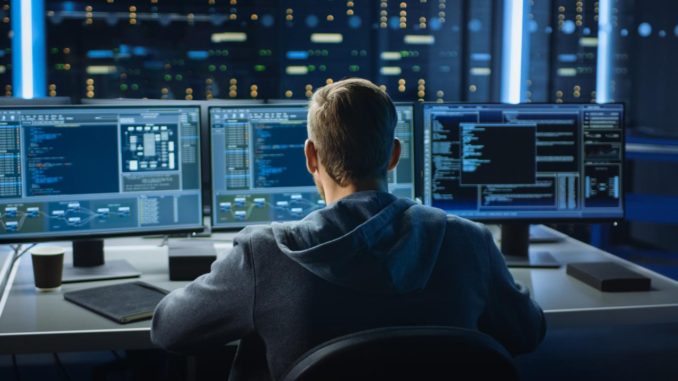
Cybersecurity is easy to put at the back of your mind. You might think you’re not much of a target – you don’t work in Government or run a massive online business, so why bother? Well, hackers often don’t look for targets by identifying a victim that would be especially lucrative. They attempt to find breaches that they can exploit, regardless of who that person is. If your personal files are held at ransom, you probably will find a way to pay up. In the world of cybersecurity, you are responsible not just for your own security, but for the security of all your contacts. Here are some tips to help keep yourself secure.
1 – Update Everything
Updates may seem annoying, but they matter a lot – especially when they are to do with your operating system and applications. They’re important because hackers are constantly finding loopholes and developers are always battling hackers in a race to see who can find a loophole first (that’s why white-hat hacking is such a big industry). Consequently, the best way to avoid preventable hacks is to keep everything up to date.
2 – Practice Healthy Password Protection
You likely have passwords for a large number of sites – hopefully, these will all be different. Of course, that will feel like a lot to manage, so you should use a simple password management program that can help you to keep a series of strong and unique passwords safe (many even generate strong passwords for you, which is highly recommended). If you use the same few passwords for a large number of sites, you should rethink this, as it is a huge and unnecessary security risk that encourages identity theft.
3 – Don’t Click Just Anything
Try not to download anything from (or even visit) unknown sites or unknown sources. They may host malware that will, without you being at all aware, download itself onto your computer, install itself onto your drive and compromise your security without you even knowing. Installing a browser add-on like NoScript that stops automatic download of plug-ins is good protection against this.
4 – Keep Messages to Yourself
If you don’t know much about encryption, you should brush up on it, as it could save you from identity theft. You should encrypt all your emails – it’s easy to do and is a major protection. If a hacker gains access to your email, they won’t know which emails contain valuable information, which will make stealing sensitive information like credit card numbers incredibly difficult without exceptional luck.
5 – Install Antivirus
Install some anti-malware software (only from a known source you can trust) to help detect malicious software before it installs itself onto your computer. It is important to consider antivirus software as a last defence, not an impenetrable shield. There are often loopholes to these programs. They work best if you follow all the steps above and act with diligence online. There is good free antivirus software available for both Windows and Macs, so if you haven’t got one, you should do so as soon as possible.




